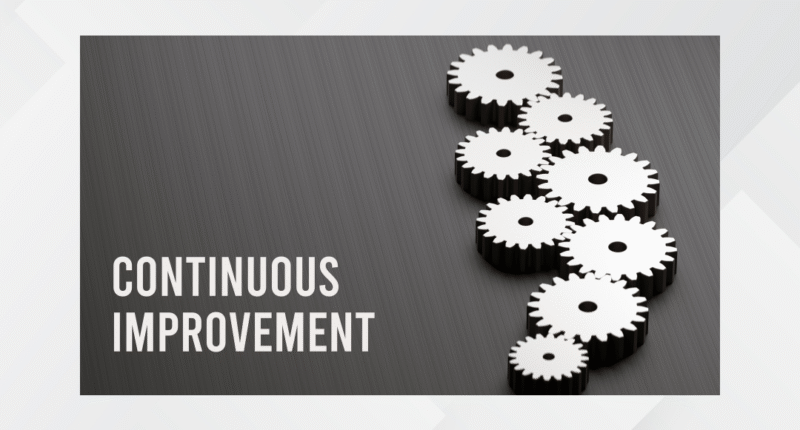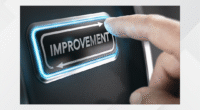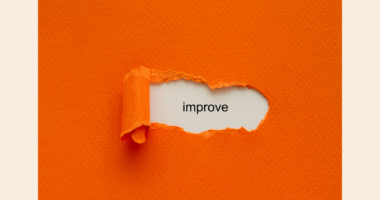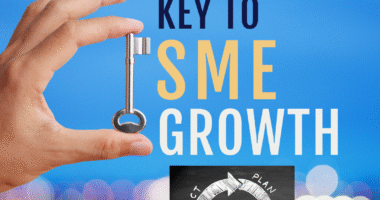In today’s competitive business environment, organizations are constantly seeking ways to improve efficiency, reduce waste, and enhance customer satisfaction. Kaizen, a Japanese philosophy meaning “change for the better,” offers a practical approach to achieving these goals. It emphasizes continuous, incremental improvement across all areas of a business, involving everyone from management to frontline employees.
Understanding Kaizen
Kaizen is more than just a set of tools—it is a mindset and culture. The philosophy focuses on making small, consistent improvements rather than relying on large-scale, disruptive changes. Key principles of Kaizen include:
-
Continuous Improvement: Incremental enhancements that add up to significant results over time.
-
Employee Engagement: Encouraging staff at all levels to identify problems and propose solutions.
-
Waste Reduction: Eliminating non-value-added activities in processes, materials, and time.
-
Standardization: Documenting and maintaining successful improvements to ensure consistency.
By embracing these principles, businesses can cultivate a proactive culture that prioritizes efficiency, quality, and innovation.
How Kaizen Benefits Your Business
1. Increased Efficiency
Kaizen encourages organizations to streamline workflows, reduce bottlenecks, and optimize processes. By analyzing operations and making small improvements regularly, businesses can achieve higher productivity with existing resources.
2. Cost Reduction
Implementing Kaizen helps identify and eliminate waste in all forms, including excess inventory, unnecessary motion, and inefficient procedures. These improvements lead to lower operational costs without compromising quality.
3. Enhanced Employee Engagement
A Kaizen-driven culture involves employees in problem-solving and decision-making, giving them a sense of ownership and responsibility. Engaged employees are more motivated, productive, and likely to contribute innovative ideas that benefit the organization.
4. Improved Quality
Through continuous monitoring and incremental adjustments, Kaizen ensures that products and services maintain high quality standards. Reducing errors, defects, and rework enhances customer satisfaction and strengthens brand reputation.
5. Sustainable Growth
Kaizen fosters long-term organizational resilience and competitiveness. By embedding continuous improvement into daily operations, businesses can adapt quickly to market changes, improve processes steadily, and sustain growth over time.
Implementing Kaizen in Your Business
To implement Kaizen successfully, start by analyzing processes, setting measurable goals, forming improvement teams, and fostering a culture of collaboration. Tools like 5S, value stream mapping, and PDCA cycles can help identify areas for improvement and track progress. Leadership commitment and employee involvement are crucial to ensuring lasting impact.
Kaizen is more than a methodology—it is a philosophy that transforms the way businesses operate. By focusing on continuous improvement, engaging employees, reducing waste, and enhancing quality, organizations can achieve higher efficiency, lower costs, and sustainable growth.









